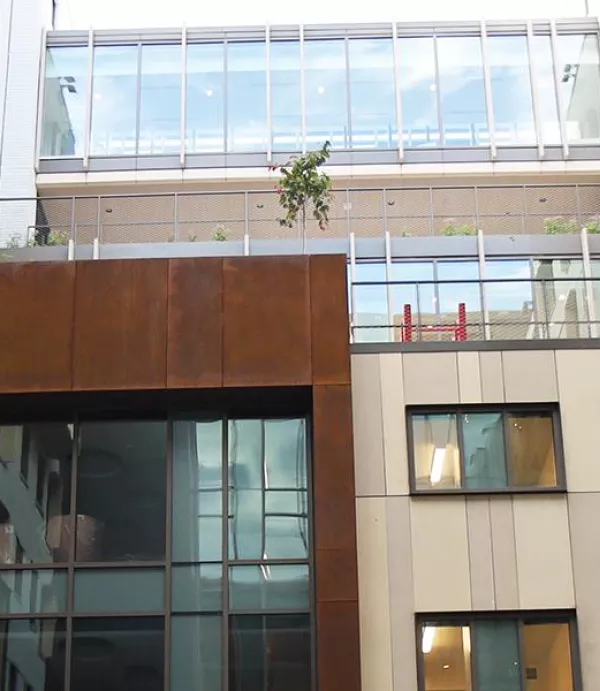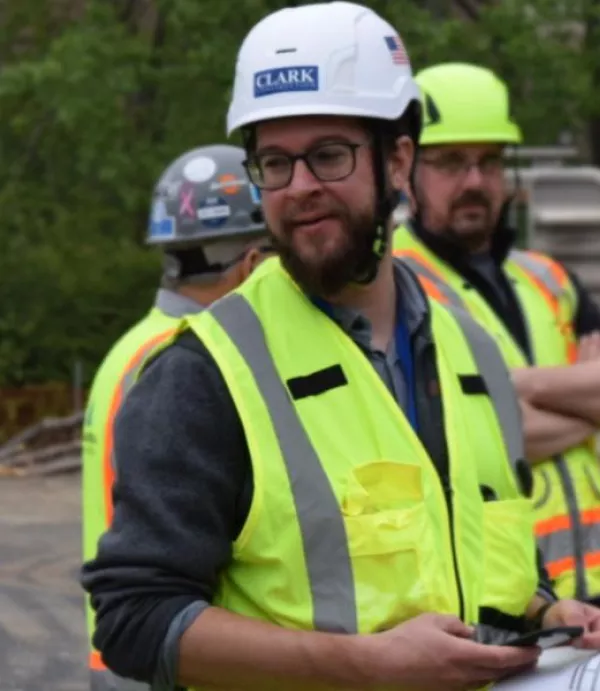Earth Day 2019: Forward-Thinking Waste Hauling Practices
May 20, 2019
As we look back at Earth Day 2019, I cannot help but think of how the waste and recycling landscape has evolved.
Since China announced in January 2018 that it would no longer accept contaminated recyclables from anywhere in the world, we’ve seen the technology industry expand into the waste management space at a rapid pace as waste management companies enhance their recycling capabilities to grow new markets for recycled materials. Additionally, we’ve seen major cities across the United States and around the world pledge to significantly cut the amount of waste they generate by signing on to C40’s Advancing Towards Zero Waste Declaration.
With these shifts in markets and policies affecting the landscape of the waste management sector, there are opportunities for our industry to drive innovations that optimize these systems. Findings from a research initiative managed by Clark’s Sustainability Department analyzed how our active green building project teams are implementing innovative processes to haul construction and demolition waste from jobsites to waste management facilities.
These efficient hauling processes, such as densely packing similar material streams inside dumpsters and leveraging Clark’s in-house hauling capabilities, mitigate the rising costs of waste management operations, help our clients meet their LEED project goals, and ultimately reduce the environmental impacts associated with hauling construction and demolition waste. In addition to decreasing costs by nearly 10%, leveraging Clark’s in-house hauling capabilities also expedites the process of obtaining LEED documentation, hauling tickets, and waste reports.
When our teams do use a third-party hauling service, they are leveraging smart contracting practices to choose the right provider based on their proximity to jobsites. This selection process, which involves analyzing miles traveled, road traffic, and wait times, helps reduce fuel consumption and driver fees – two of the largest variable costs associated with transferring waste.
Implementing these forward-thinking practices has allowed Clark to divert over 75% of construction and demolition waste from landfills on its 450- plus green projects and earn exemplary performance points on LEED projects. We look forward to continuing to integrate new techniques to optimize our waste management practices while helping our client’s meet their project goals and reduce the environmental impacts associated with construction.


